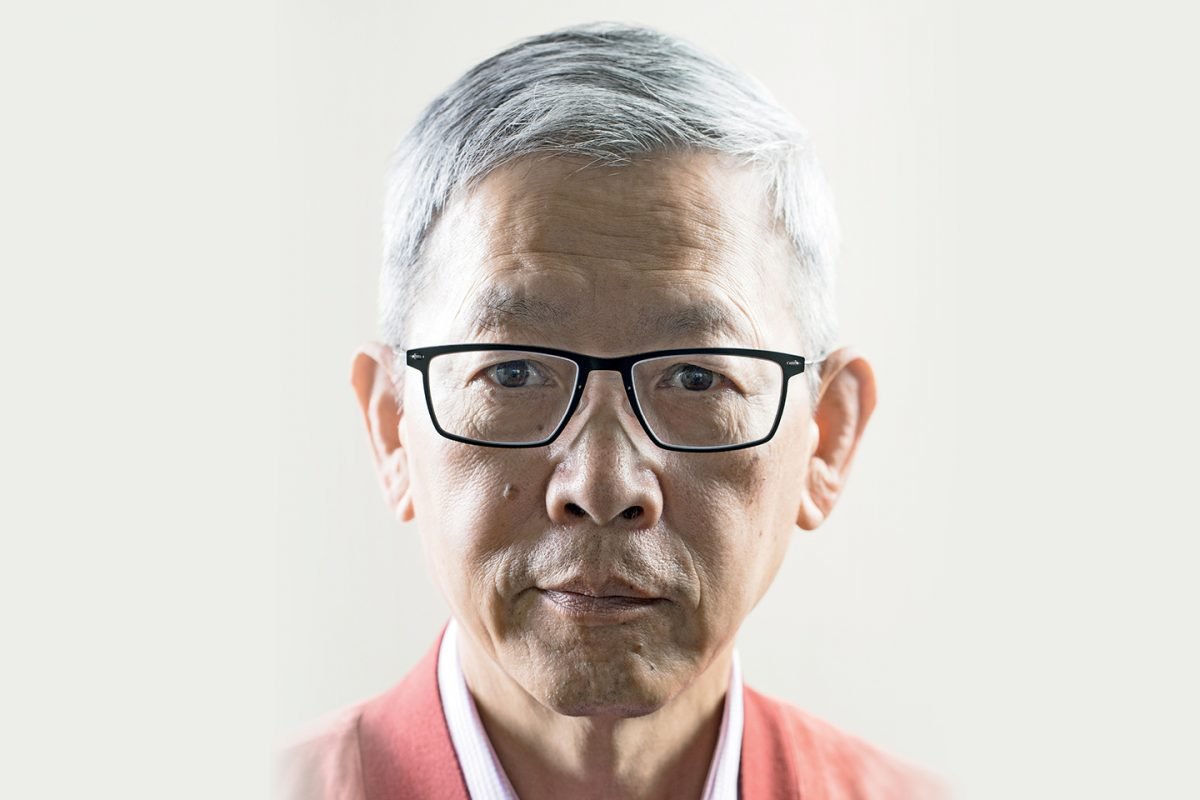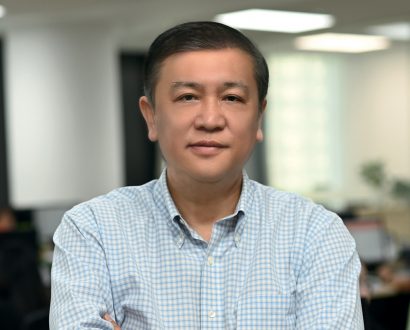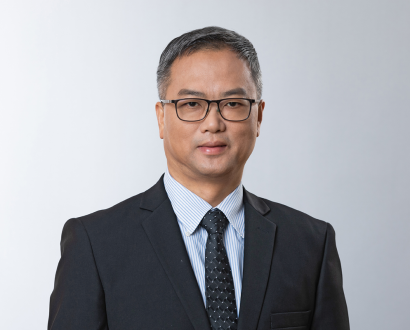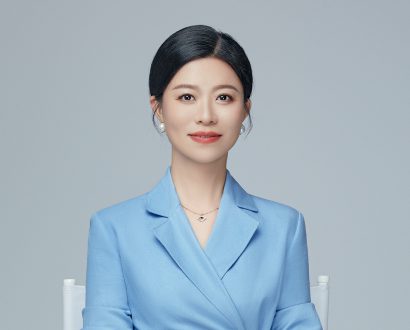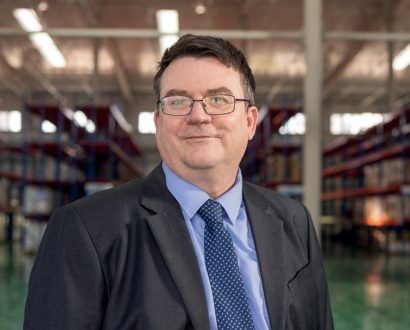It’s not surprising; David has guided the company through several massive disruptions. One example is the shift towards electric cars and autonomous driving as well as other new technologies.
But concepts like automation, Industry 4.0, and smart cities and factories aren’t overnight changes. Harman has been gearing up for these developments over the past five years, gradually preparing its business step by step for the new manufacturing environment and increasing investment in these technological fields.
“This area has a lot of new developments and new players like Tesla and increasingly other companies of this kind,” David says. “Also, within what we call our traditional business – connected infotainment – there’s new technology and players like Google, Amazon and Microsoft. They’re all in this sphere, so we need strategic alliances with some of the strong players. I don’t think anyone can dominate the whole sphere. It requires a lot of strategic alliances in these fast-developing areas.”
The key to growing these partnerships, David explains, is an effort towards mutual understanding and benefit. Harman’s strategy incorporates a local, long-term approach that seeks to ensure every party benefits from the relationship.
Part of this means that the company must continually make new and valuable offers to major car manufacturers like BMW, Daimler and General Motors, with which it has strong, long-lived relationships.
“We know them very well, so we can bridge the new technology,” David says. “Other partners’ products are put together to meet our customers’ requirements because we have a firsthand knowledge of these requirements. We have been working with them for many, many years, compared with these new players. At the end of the day, our objective is, ‘How can we serve our customer better? How can we meet the market requirements faster and better?’”
Another major change was Harman’s change of ownership – the company was previously listed, but as of 2017 is now wholly owned by Samsung. The acquisition has given the manufacturer access to a strong financial and technological base, improving its ability to invest in new products and new markets.
Only when you have a satisfied, capable employee can they deliver customer satisfaction.
Samsung takes a hands-off approach to leadership, but the two teams continue to strive for mutual understanding and shared goals. Finally, there have been tremendous changes to the business environment, particularly in terms of the US–China trade war. “A lot of the dust has not yet settled,” David says.
In response to this uncertain future, the manufacturer will continue to evaluate its long-term strategy. Part of this approach involves expansion of the automotive and lifestyle connected technologies segment, as well as cost efficiency and enhanced productivity, which Harman is hoping to achieve through automation and lean manufacturing.
But another side to this strategy is the effort placed into building a strong, capable team. Harman prioritises people with talent and motivation, while providing a great deal of training to ensure employees can reach their full potential.
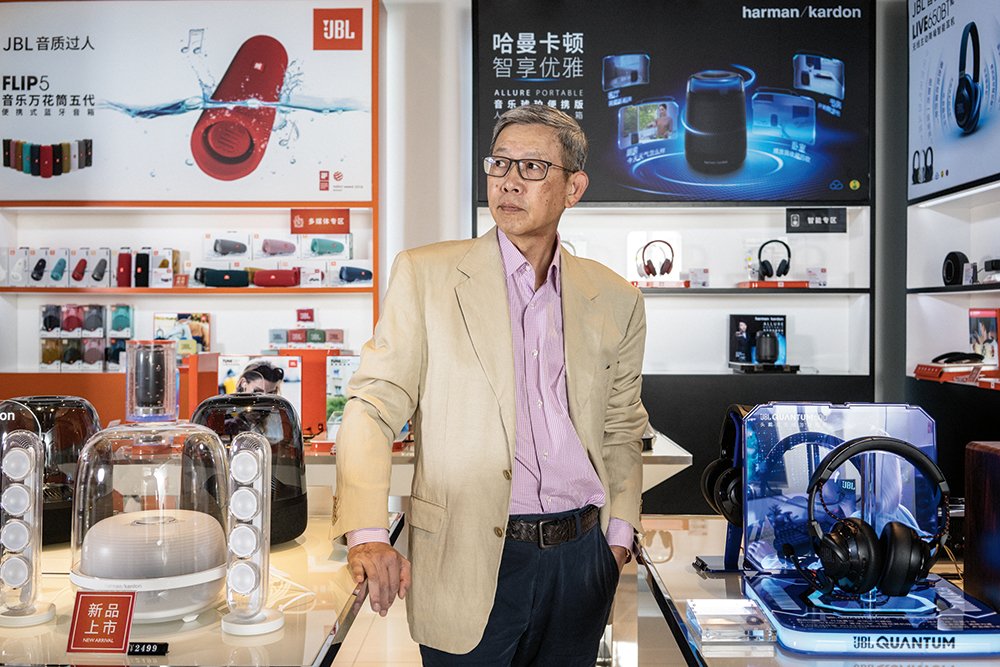
“The people we employ want to develop themselves,” David explains. “They’re not just looking to make money. Through work, they can improve themselves and enhance their knowledge, so we invest a lot in training and empowerment. We encourage our people to have new ideas and develop new things. So we have a very open working environment with freedom of thought and the exchange of ideas among peers.”
While he was still working at Philips Healthcare, David was referred to Harman by the former Chair in 2009, but it wasn’t the only reason he made the move. He saw the company as an innovative manufacturer, with a strong, motivated workforce, and his efforts towards encouraging personal growth and collaboration aid this motivation.
David believes it’s crucial for leaders to have a sense of social responsibility, humility and great communication skills. For the success of the company, however, he sees the employee as central.
“Among our stakeholders, I’ve always put the employee at the forefront,” he says. “Only when you have a satisfied, capable employee can they deliver customer satisfaction and shareholder return, through innovation, productivity and efficiency.”
Proudly supported by:
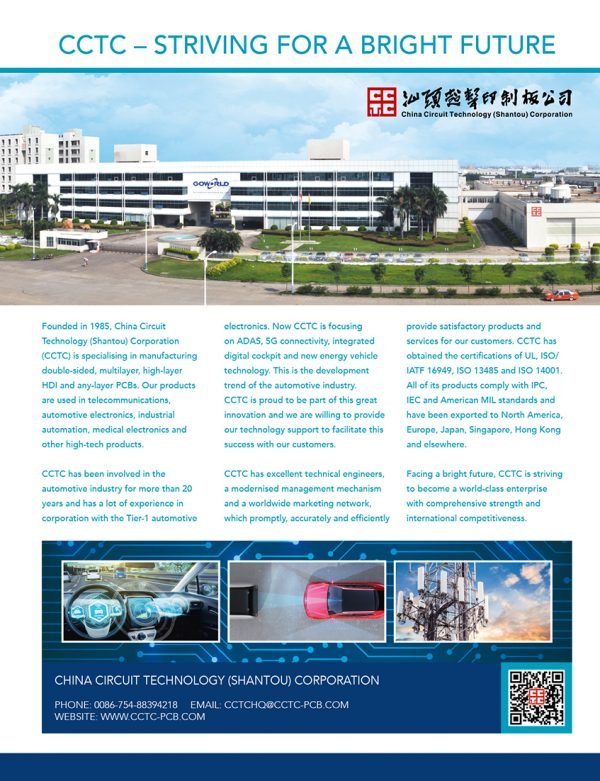
摄影:Raul Ariano

